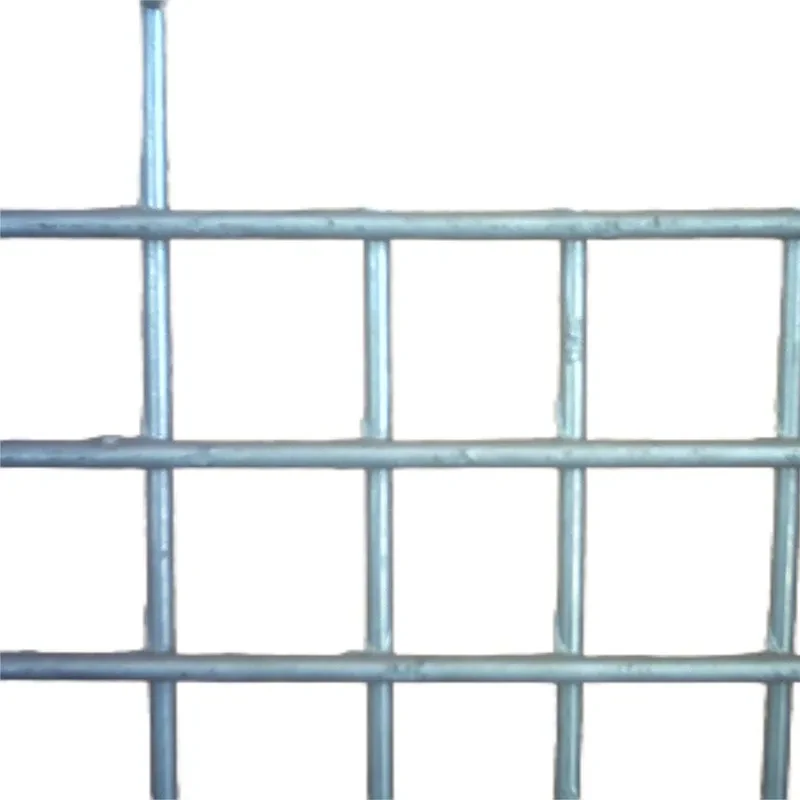Dec . 22, 2024 01:17 Back to list
chicken mesh netting
Exploring the Benefits of Chicken Mesh Netting
Chicken mesh netting, often referred to as poultry netting, has become an essential component for many chicken owners and farmers. Its versatility, durability, and effectiveness in protecting poultry have made it a popular choice for both hobbyists and commercial poultry operations. In this article, we will delve into the various aspects of chicken mesh netting, including its benefits, types, and best practices for application.
What is Chicken Mesh Netting?
Chicken mesh netting is a type of fencing made from interconnected wires, often galvanized for rust resistance, that creates a protective barrier for chickens. This netting can come in various sizes, mesh densities, and materials, tailored to suit different needs and circumstances. The primary purpose of chicken netting is to safeguard poultry from external threats, including predators, while allowing them to roam freely within a designated area.
Benefits of Chicken Mesh Netting
1. Predator Protection One of the most critical benefits of chicken mesh netting is its ability to protect chickens from various predators, such as raccoons, foxes, and hawks. The small mesh size of the netting prevents these animals from reaching in and harming the birds, ensuring their safety.
2. Weather Resistance Many types of chicken mesh netting are designed to withstand various weather conditions. Galvanized wire, for example, is resistant to rust and can endure exposure to rain and humidity, thereby providing a long-lasting solution for chicken enclosures.
3. Visibility and Ventilation Unlike solid fencing, chicken mesh netting is transparent, allowing for better visibility and ventilation. Chickens can see their surroundings, which helps reduce stress by allowing them to be aware of potential threats. Adequate ventilation is also crucial for their health, helping to maintain airflow and reduce moisture buildup inside coops.
4. Ease of Installation Chicken netting is generally lightweight and easy to install, making it accessible for both experienced farmers and newcomers to poultry keeping. With basic tools, netting can be secured to posts or existing structures quickly, allowing for flexible designs that meet specific needs.
5. Affordability Compared to other fencing options, chicken mesh netting is often more economical, making it a budget-friendly choice for poultry owners. Its cost-effectiveness enables farmers to invest in larger enclosures, promoting the free-range experience for chickens.
Types of Chicken Mesh Netting
chicken mesh netting

Chicken mesh netting comes in various types suited for different applications
- Welded Wire Fencing This type features strong, welded joints between wires, providing additional strength and durability. It is ideal for more permanent and robust structures.
- Hexagonal Wire Netting Also known as chicken wire, this is one of the most commonly used netting options. It is lightweight, easy to handle, and works well for temporary structures or lighter applications.
- Plastic Poultry Netting This is a more flexible and lightweight option, often used for temporary or lightweight enclosures. While less durable than metal options, it can be effective in protecting chickens in less hazardous environments.
Best Practices for Using Chicken Mesh Netting
To maximize the benefits of chicken mesh netting, consider the following best practices
1. Proper Installation Ensure that the netting is securely attached to posts or existing structures. Use appropriate staples or fasteners to avoid sagging or gaps that predators could exploit.
2. Regular Maintenance Inspect the netting regularly for signs of wear, damage, or rust. Prompt repairs can prevent larger issues and ensure consistent protection for your chickens.
3. Combine with Other Measures While chicken mesh netting offers substantial protection, consider supplementing it with other security measures, such as locking doors or motion-detecting lights, to enhance safety.
Conclusion
Chicken mesh netting is an invaluable tool for anyone looking to raise chickens, whether for personal enjoyment or commercial gain. Its protective, affordable, and versatile qualities make it an essential part of poultry keeping. By understanding the benefits, types, and best practices associated with chicken mesh netting, chicken owners can create a secure and healthy environment for their birds, ensuring they thrive and produce high-quality eggs or meat. As the poultry industry continues to evolve, robust solutions like chicken mesh netting will remain indispensable for safeguarding these beloved animals from threats while allowing them the freedom to roam.
-
The Role of Field Wire Fence in Grassland Conservation
NewsJul.15,2025
-
Stainless Steel Razor Wire Durability in Coastal Environments
NewsJul.15,2025
-
Enhancing Home Security with Mesh Fences
NewsJul.15,2025
-
Diamond Mesh Wire for Small Animal Enclosures
NewsJul.15,2025
-
Common Wire Nail Tensile Strength Testing for Woodworking
NewsJul.15,2025
-
Barbed Wire Corrosion Resistance Galvanization Techniques
NewsJul.15,2025









